#invisibilisation
Explore tagged Tumblr posts
Note
I think it’s so strange how fictional characters can become motivation. Like, when I tell myself it’s okay to have more than a protein shake I also say Efnisien and Flitmouse from your Underline the Rainbow stories are working on it (even if they don’t completely want to), so I can too. Fictional people are helping me tell myself that food isn’t bad 🤦♀️
Anon every single character in the Underline universe (except the evil villains) would be so so proud of you for having more than a protein shake. And the ones who are working on it at the same time would give you a nod of solidarity
Food stuff is hard! And all we can do is our best <333
#asks and answers#underline the rainbow#underline the black#food stuff is hard#it's everywhere#and it's often invisibilised#i've enjoyed being able to tackle these subjects a bit more obviously in Underline#but oof it's challenging!
23 notes
·
View notes
Text
Queer people will claim that clothes don't have gender but in the next breath they'll say that they do, however, have a sexuality
#can I hate the 'gay clothes' culture more?#no no I can't#how about we don't assume people's sexualities huh#they're hunches going off stereotypes and they invisibilise identities that are a minority within the queer community#and if people start feeling inadequate or like they don't belong because they don't dress gay enough I will riot#if women start getting called lesbians simply because they wear certain clothing I will burn buildings plural#regardless of their sexuality wtf are people saying straight girls need to conform with gender stereotypes or otherwise they're gay and now#have to conform to another collection of stereotypes????#miss me with that bullshit#queer#queer community#lgbt#lgbtq#lgbtqia#lgbtq community
10 notes
·
View notes
Text
something something something "feminist" posts that homogenise the lives of Victorian women [and earlier women] into certain frameworks, like let's say posts that talk about women in the home, and women who were forced by their families to stay in the home, actually - and actively - invisibilise not only the women who did not live that way, but also the women who did.
#i get so angry about posts like that#rhetoric about the poor trapped victorian woman removes so much agency from those women#it disguises so much about women's experiences#including the other women complicit in patterns of abuse#the pastons are a GREAT example of this#saying that as a matter of course -medieval women were forced into marriage-#invisibilises margery paston being locked in a room and being beaten by her mother#and marrying her boyfriend anyway
53 notes
·
View notes
Text
anyway the basic orientation of tme organisers to trannies is that we ought to be grateful to be involved. and the fact that so many of us are grateful (first time we’ve been permitted to be a part of something greater than ourselves) keeps their expectations set at that our involvement is plenty. what follows, in my experience and others, is thankless invisibilised work, total disinterest in transmisogyny as problematic, and abuse. used up, spat out, and your “choosing to leave” is suddenly evidence of your lack of proper class understanding (cipher for queerness as bourgeois excess) and concomitantly your privilege- because you COULD just leave! they cant! this is their life!!!!!! nevermind that you left to go do drugs in your bedroom alone (bc you busted your ass socialising with people who think youre at best a useful implement) and cry hysterically to yourself. youre the lucky one. you dont know how good you had it. i love organisers. theyre like family to me x
471 notes
·
View notes
Note
yeah, its easy to say transphobia is primarily directed at women when you dismiss how its directed at men lol
all of you crybabies complain about being invisibilised because you see the constant hyper-visibility of trans women as a secret privilege unfairly denied to you (by trans women!), simultaneously claiming special victim status as a result of this “denial” while dismissing the actual violence wrought by said hyper-visibility. your primary theoretical contribution to discussions of transphobia (“transandrophobia”) is dogshit because you are incapable of opening your mouths without uttering the phrase “what about me.” It is an embarrassment sharing space with you
913 notes
·
View notes
Note
The lore drop that bothers me the most with how it's glossed over is that ancient elves were actually spirits and how, without delving more into what spirits actually are, it ends up diminishing them as a people & undercutting their complexity. Even Solas says they reflect the world, a pure embodiment of an emotion, but then what does that say of their society, of their goals and aspirations, hell, even of their war crimes? I'm not trying to argue they're not people, it's just sad that the best exploration of it remains in Awakening with Justice and the only one who argues for their personhood is this game's chosen antagonist. That this is the direction they chose for the people they heavily coded as indigenous makes it all the more egregious that they're relegated to set-dressing (Crossroads, Hall of Valor) or a couple of examples to show some of them are Good (I miss how in Inq, Compassion is said to be a rare spirit and easy to corrupt, Cole is terrified by what he almost became and could become, and in VG u find 2 who are mostly fine, if a bit rattled. Harding even compares them to a mabari puppy??but I digress). Ofc they couldn't humanize the spirits more bc then we'd have to contend with how we're supposed to want them to stay fenced in for all eternity for the safety of the status quo. All the while, their earthly descendants have been invisibilised or killed off-screen, with the exception of a small group u can save and that's used as an opportunity to showcase Solas's growth and how bad the Venatori are. Ancient elves don't exist, city elves are functionally the same as any other npc, and the Dalish have been replaced by the Veil Jumpers, who are totally cool with anyone plundering - I mean, exploring their ruins and seem mostly concerned with isolating dangerous artifacts and shoving them in a museum, hmm... Honestly, I gave up when Irelin said it was easy to forget about the halla. Thank fuck Merrill isn't in this cus she'd be Cyrian. Others have pointed out how nonsensical it is they're all fine with their gods being fake, but also real and evil (yet still invoke the Creators & Mythal and wear vallaslin), so I'll move on to the real horror for me: that none of them knew. There's a banter between Bellara & Emmrich that turned my stomach where he says that elves originally being spirits was a working theory some of them had (oh, to be a fly on the wall during THAT racist debate!), once again placing humans as the natural custodians of elven history and it's all so cruel that it's world-breaking for me. It's awful that elves were abandoned not only by their 'gods', but by what it turns out are their brethren. Am I supposed to believe that for millennia they prayed to their gods, but they only ever spoke to Tevinter magisters? That spirits never shared anything about their common past with the elves? Why did Mythal keep them in the dark? The Dalish have taken great pains to ensure every scrap of history is preserved and shared, despite the genocides, but I guess oral history doesn't count (and they never thought to use spirits? ig they weren't interesting enough to be reflected by spirits either, otherwise they could've found out even more from that) and most of their books and artifacts got stolen/destroyed by humans, too bad the ancient elves never felt any kinship to them, they could've used the lore boost.
1/2
259 notes
·
View notes
Text
quite insidious actually how often people on here just operate under the assumption that anyone who is not sufficiently ~recovered~ is simply too stupid or ill-informed to identify or advocate for their own best interests. there is no other reason you may be living in a way deemed (or even genuinely experienced as!) dysfunctional, so you obviously need 97 condescending posts per day explaining that therapy exists. health as a standard imposed externally & therefore under no obligation to align with the individual's own values, desires, or stated needs. once you start noticing this logic it's hard to invisibilise it again lmao
2K notes
·
View notes
Text
it's actually very nice that apothecary diaries chose maomao as the protagonist, a girl who was raised in the pleasure district and severely under-ranks(?) many of the other characters in the story. through her, we get proximity to the status of those who were expendable to the royal court, a fact that she herself is highly aware of, and because of this she routinely positions herself between those who are of high rank and low rank. i really like that the series draws attention to notions of hierarchy and expendability, again without being preachy about it, because to be sure, it's not gritty at all, it tends to maintain a lighthearted tone with a focus on interpersonal relationships.
but this direction contrasts strongly with the dozens of western historical/historical fantasy dramas that focus mostly on the upper class and invisibilises the labor that sustains their lifestyles. meanwhile apothecary diaries leans into maomao's skills, the certain amount of ingenuity and knowledge that comes from her being poor and growing up in the pleasure district, and the way her rapport and proximity to the servants of the court enable her to reach places the high-ranked characters can't.
#it reminds me a bit of jewel of the palace which i've only seen a little of#but eastern historical dramas show you that servants do have stories to tell actually<3#i need a clever tag for my text posts#the apothecary diaries#kusuriya no hitorigoto
2K notes
·
View notes
Text
the lack of statistics including nonbinary people is deeply exorsexist. even transgender statistics more often than not exclude nonbinary people. i've seen so many statistics about attitudes toward transgender people and they were only asked about transgender men and women, not nonbinary people. transgender survey results often erase nonbinary people by lumping us all together under the transgender umbrella term (which is also bad for transgender men as an often overlooked group). some surveys, if they include us will divide us by transmasc/transfem, other surveys don't go into nonbinary experiences of transnegativity that is thought to only affect transgender women or men, because it's assumed that we're so fully separate that we don't even have shared experiences of oppression. surveys around gendered violence, if they include transgender people at all, will often just be divided into "women" and "transgender people" which ends up erasing the higher rates of violence transgender women experience, and once again not get into the specifics of nonbinary people and transgender men.
the systemic exclusion and erasure of nonbinary people from statistics and research directly plays into the hands of exorsexists: if there is no proof that our oppression exists, then it doesn't. so all we have is living nonbinary people sharing their lived experiences and being called liars or accused of speaking over binary transgender people for it, and dead nonbinary people having their nonbinary gender erased in favour of a binary one so it fits the narrative that we don't experience oppression.
nonbinary people continue to suffer in silence because researchers can't be bothered to include us and binary transgender people and "allies" can't be bothered to listen to us, because the gender binary is deep and everyone is busy treating us like cisgender/binary transgender people who use they/them pronouns and are trying to be special.
we need more people to be loud about the fact that any statistic about transgender people or oppressed genders in general is incomplete if nonbinary people and exorsexism are not explicitly included. this also negatively affects nonbinary transgender men and women, whose additional experiences of exorsexist oppression are invisibilised.
this goes for any statistic that includes gender. "bi men this", "asexual women that", what about nonbinary people who experience double erasure? what about the things we go through because of our intersectional experiences being both nonbinary AND bi, for example? that's how intersectionality works. you shouldn't look at these things separately. you need to go deeper than "wow! x amount of nonbinary people is also asexual!" every now and then.
336 notes
·
View notes
Text
This is a wonderful list but I'd like to point out that some of these authors are not AAPI.
Adiba Jaigirdar is based in Ireland and both these books take place in Dublin. Rin Chupeco is from, and still living in Manila, in the Philippines. They're not Asian-American, they're not even on the American continent.
Please be mindful when using the term AAPI for lists of books or authors, not all of us are Asian-American, and Pacific Islanders also deserve to make it into these lists. There's nothing wrong with calling it a list of "Books by Asian authors" if that's what you mean! I know it's AAPI month but once again: not all Asian authors are Asian-American so please be sure when you make "AAPI authors" list that the authors listed all actually identify as Asian-American and Pacific Islanders.
Mainland Asian authors who write in English and get published in the US exist without being Asian-American. Same for every part of the Asian diaspora that is not in the US/Canada (we're exist across all continents!). I beg you to remember this before you shove us all under a label we do not belong to just because it has so often been misused a synonym for "Asian".
Some books by AAPI authors that I’ve read & enjoyed in the past year to support this May!
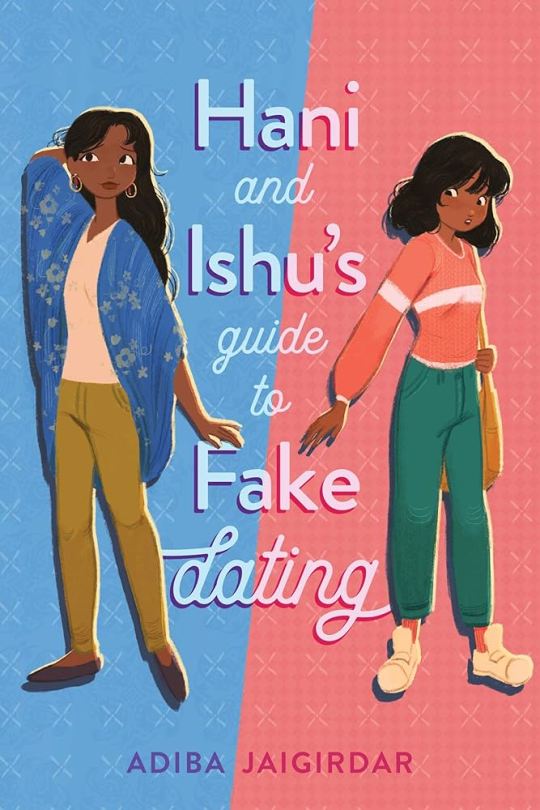
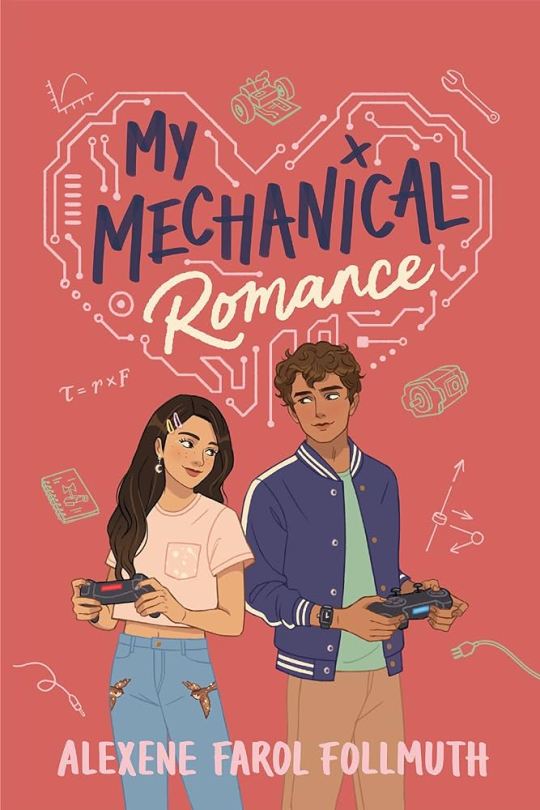
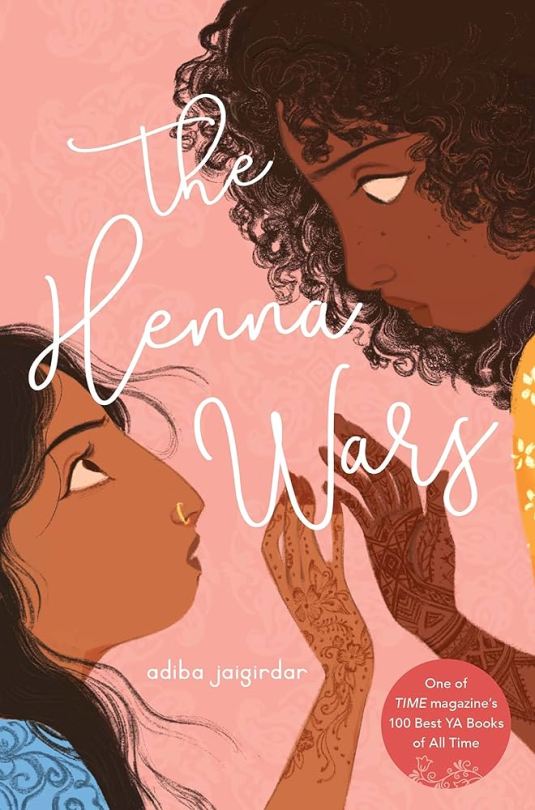
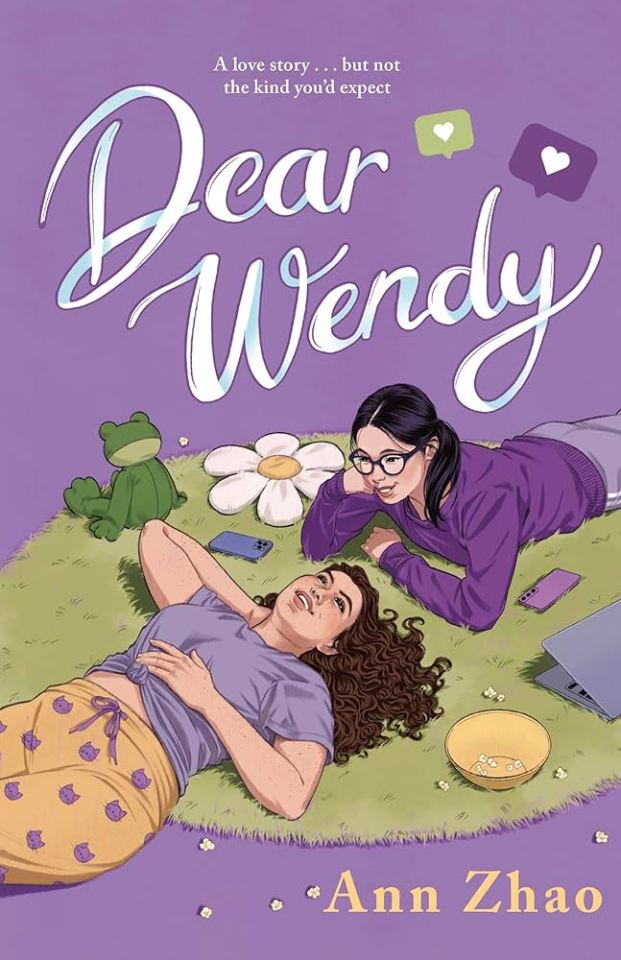
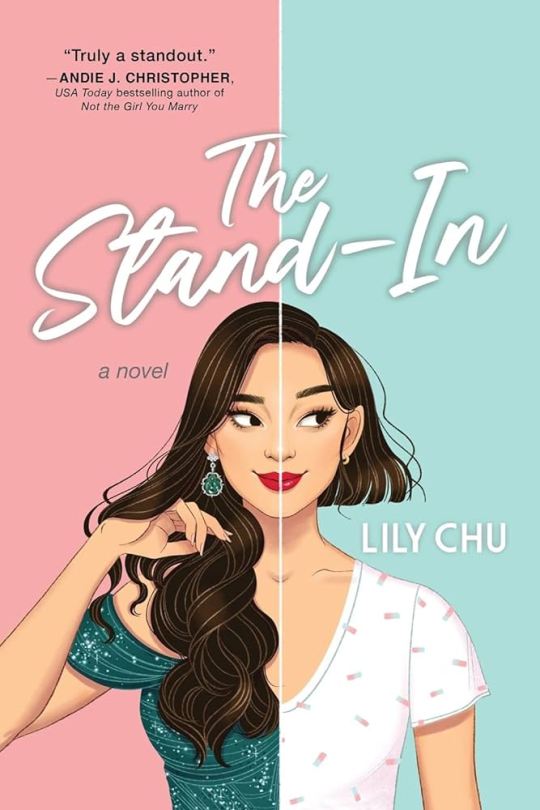
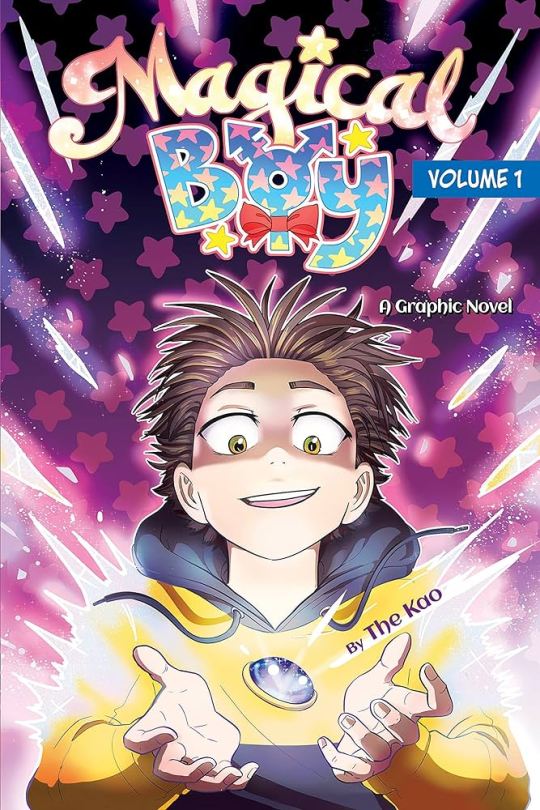
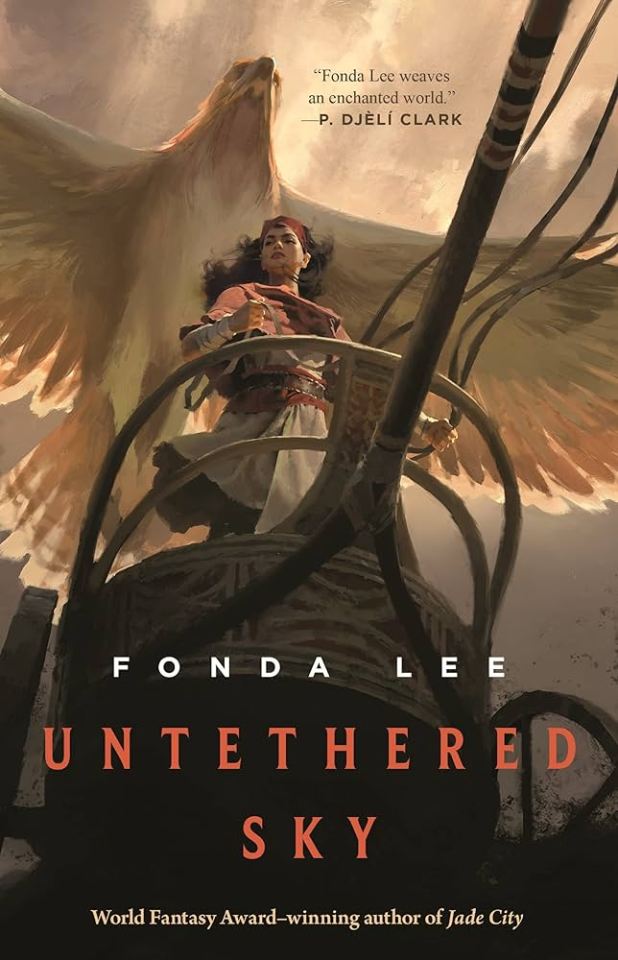
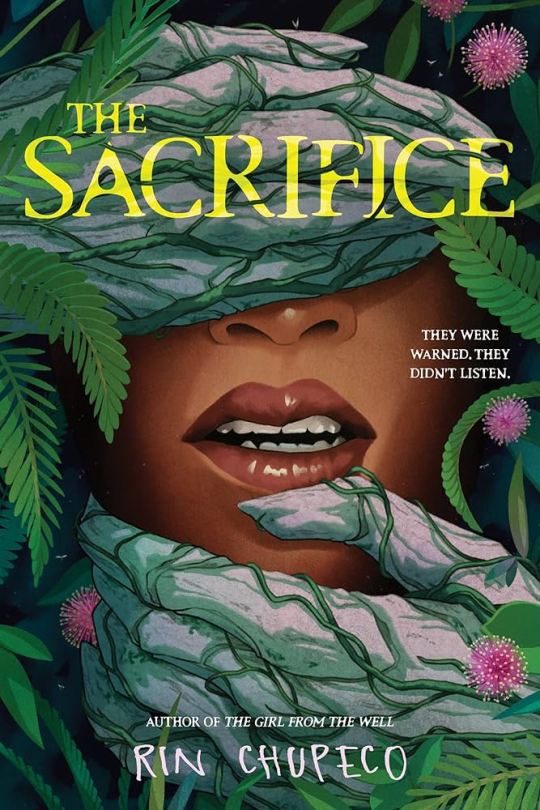
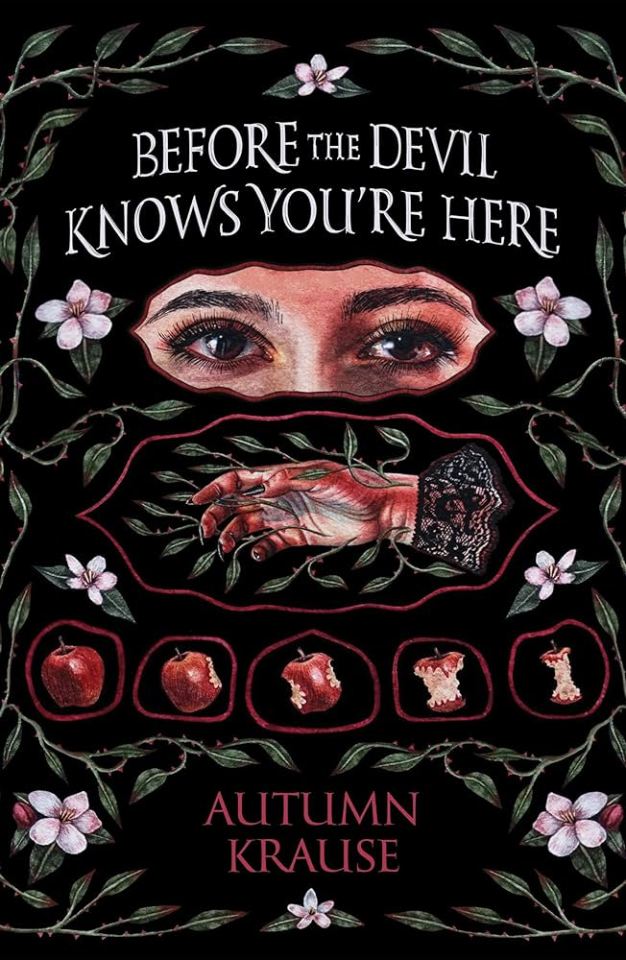
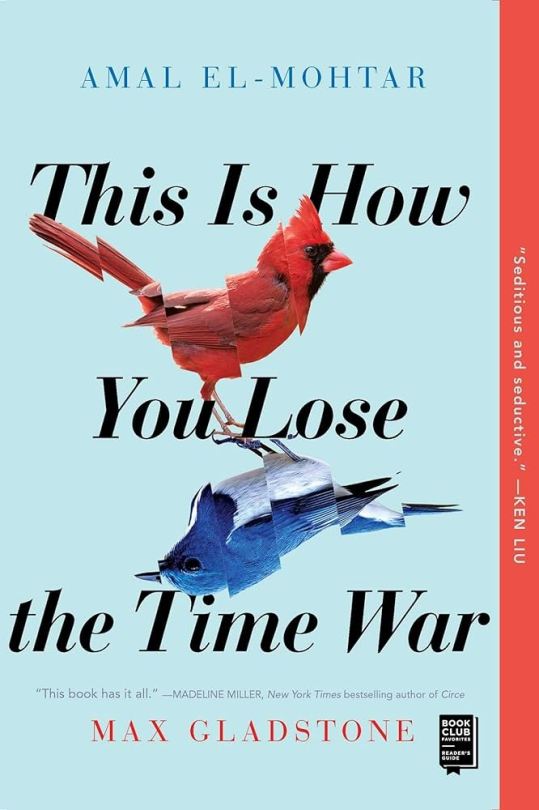
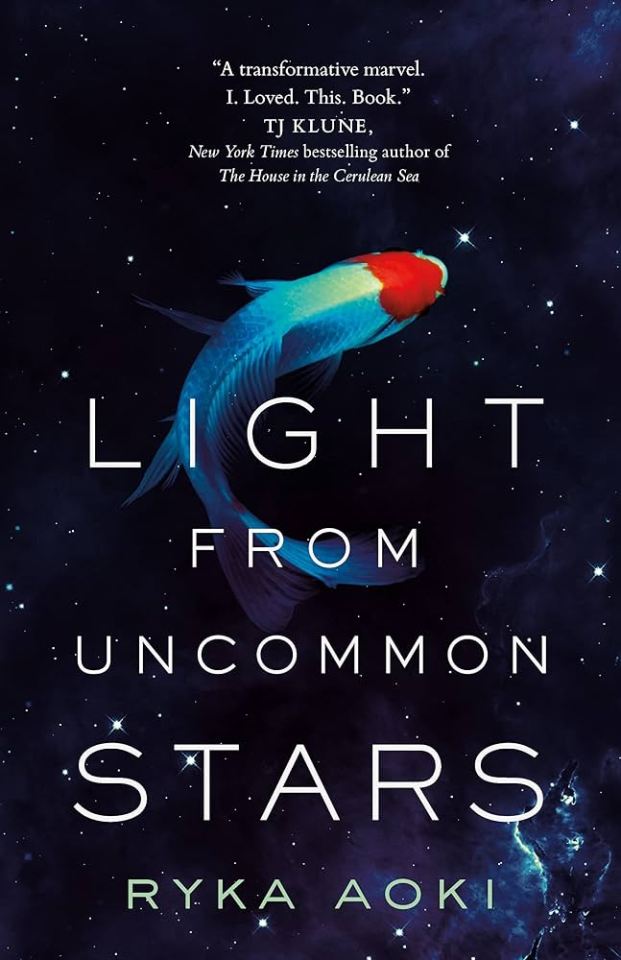
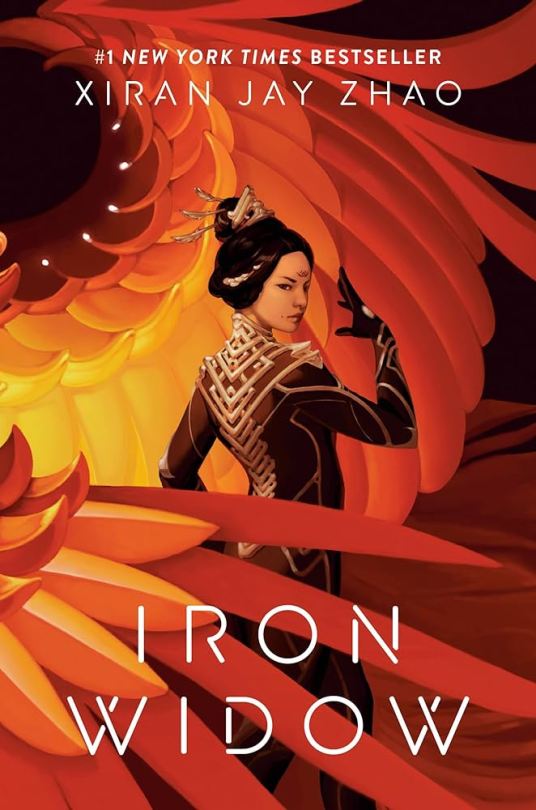
#i'm not mad at op at all just at this unfortunate trend of equating aapi with asian#it's a very good list!!!#but using aapi when you mean asian invisibilise both pacific islanders and asians who are not american#because then ppl forget about pacific islanders AND don't realise that there are more asian identities than asian-americans#and if people want to support authors who are asian-american and pacific islander specifically#then these lists contain outliers#so please just be mindful!
215 notes
·
View notes
Text
Happy Trans Day of Visibility to all, especially those that are often made invisible by the world; trans binary men, intersex trans people, trans people of colour, or other invisibilised groups come forward!! Promote yourselves and your art/writing/whatever in the RBs and I'll reblog your post :)
49 notes
·
View notes
Note
I don't think I've ever seen anyone say much about loveday before, if the mood strikes you I'd love to hear what makes her compelling to you!
oh god you can really pinpoint how long someone’s been following me based on whether or not they’ve ever seen me (or anyone) say much about loveday. i will try to make my handful of thoughts here brief—a lot of this is somewhat corollary to my fucking massive backlog of takes about cytherea, which i feel is fitting considering we can pretty much only get a sense of ms heptane through what we know about her terrible terrible girlfriend.
i think the main thing i find interesting about loveday heptane is her role as this kind of invisibilised governing structure that, like, scaffolds the discourse of gtn. if the core drive of the book is (as i would argue it to be) gideon “learning” cavalierhood, and by extension us as readers understanding what cavalierhood “means” relative to the discourse of the text, then part of how this process of elucidating cavalierhood-as-subject-position takes place is in this three-way interplay that happens between gideon, loveday, and protesilaus relative to cytherea. put simply, gideon, loveday, and protesilaus can be understood as cytherea’s three cavaliers, and placing them in this equivocal discursive position allows us to draw useful conclusions about how we might understand the nature of cavalierhood, and how that understanding might be informing the wider narrative.
because the narrative focalises gideon as our protagonist, we could argue that she takes primacy within this triad, so perhaps another way of putting it is that everything she does relative to cytherea (and, later, harrow, though i think it’s significant that cytherea acts as a catalysing force towards the creation of that cavalier subject position that drives the book) ought to be examined with reference to a) protesilaus and b) loveday. as i said, all three occupy a discursively equivalent position relative to cytherea—that of the cavalier. so when we see this kind of courtship unfold between cytherea and gideon, and take on the language of grooming, objectification, predation, etc., alongside this process of, like, subjugating her, subduing her into a position whereby cavalierhood becomes a coherent possibility, we can understand one dimension of cavelierhood as a subject position to involve a form of sexual subjugation made somewhat salacious by its being socially taboo. at the same time, protesilaus as functionally cytherea’s cavalier is a dead body being reanimated, wholly at the behest of cytherea’s will, and loveday as cytherea’s cavalier is long dead, mourned, batterised, and made into a symbol of devotional grief (‘cytherea loveday’). when gideon ‘learns’ cavalierhood, she is ‘learning’ how to become the reanimated corpse and the beloved battery and the site of sexual availability. all three are then operating in tandem to make the nature of cavalierhood legible to us.
(i think this is at its most salient in the avulsion scene, which is one of the few moments in the book where we see cytherea make a fairly straightforward reference to loveday with “I’m sorry. We take so much. I’m so sorry.” there’s also this—
She said abruptly, “Why did you want to be a Lyctor?” [...] The older woman was leaning against Protesilaus’s arm. She looked extraordinarily sad, even regretful; when she caught Gideon’s eye, a tiny smile tugged on the corners of her mouth, then drooped again. Eventually, she said: “I didn’t want to die.”
—preempting her much later and more straightforward claim to palamedes that she & loveday went through with the lyctoral process because she “thought it would make me live.” this alongside the suggestion that she looks ‘regretful’ and the attention paid to gideon in a sentence that seems to be covertly about cytherea’s grief imo makes a fairly solid case for reading this exchange as another passing reference to loveday; there’s an emphasis, however covert, placed on cytherea’s grief and guilt in this chapter that hasn’t thus far made itself especially apparent. & it’s significant that these references crop up alongside a scene which has gideon acquiesce to being subjected to a brutal process of batterisation which serves as a fairly efficient metonym for the entire lyctoral process, and arguably by extension the entire state of cavalierhood, and also sees cytherea use language like ‘darling,’ ‘good girl,’ ‘poor baby,’ ‘i’ve got you,’ &c. &c. specifically to facilitate that process; these complex, overlapping networks of sexuality & subjugation & death & grief & lyctorhood are being put to pretty significant work in that chapter.)
re. loveday specifically—i’m really interested as well in the fact that, like, the seventh house seems to have this specifically chivalric culture attached to it (more so than some of the other houses, though it’s seemingly present across the whole internal body of the empire to some extent). we see this in, for instance: cytherea and dulcinea are duchesses when a duchy is a medieval apportioning of land; protesilaus and [presumably] loveday’s title is ‘the knight of rhodes’; dulcinea’s name references don quixote, which examines and parodies the conventions of chivalric literature and culture in spain. gideon and cytherea’s relationship is conducted rather like a courtship between a knight and a lady; though this speaks more to empire-wide social conventions around cavalierhood as a whole, i think it’s interesting that the narrative focalises cytherea (of venus!) when drawing attention to dynamics of love & sexuality within the relevant social order. all this is to say that i think cytherea and thus loveday by extension fit pretty coherently into the chivalric cultural narrative that muir is working from, and i think this gives us a lot of scope for thinking about what the two of them are ‘doing’ wrt gender.
& i think it’s fairly plain that the text is, among other things, interested in interrogating contemporary articulations of ‘lesbian gender’ abstracted through the various lenses that allow for diegetic consistency. what i mean by this is that, for example, we as contemporary readers who attach meaning to ‘butch’ as a descriptor know that gideon is a butch and we are to make sense of her character as such, but that’s not a gender framework that she has available and thus not a meaningful diegetic descriptor; we can’t say that gideon says or does X or Y or Z because of extant cultural norms around butchness, because those cultural norms don’t exist for her. we can, however, notice how the attention paid to rendering her as legibly ‘masculine’ in-text run parallel to (among other things) a particular kind of masculinity articulated in the language of chivalry, knighthood, &c.—which is legibly present in the text as cavalierhood, and is thus explained, historicised, problematised, all while acting as a vector by which we can think about the legibility of butchness in an imperialist social order.
(i feel like a proper reading of what tlt “does” with gender is its own post—real aveheads will remember—suffice it to say that i think the above is part of the fabric from which that discourse unfolds itself.)
i bring this up because i think loveday is something like the ur-text for this specific reading—which is why i’m so interested in her and the force she exerts over the narrative in gtn. most people seem to lean towards reading her as a butch (as a character we ought to understand as a butch &c.), and i would agree; i think it’s significant, however, that we can draw that conclusion based on cytherea’s demeanour/preferences (lol) and a handful of characteristics attributed to her in the very sparing accounts of her that we have in-text. however reliable or otherwise the accounts we have of her might be, i think it’s noteworthy that her lover remembers her as a ‘nice girl [who] died for me,’ clearly agentive in the decision to effectively sacrifice herself for cytherea (“i didn’t want to do it at all [...] she and i thought it would make me live”), memorialised in what to me reads as a symbolic marriage (‘cytherea loveday,’ the taking of the partner’s name—this along with the fact that john misremembers cytherea’s surname as ‘heptane’ and we never find out her functional ‘maiden name’ means that i think my reading of it as a gesture to marital conventions is more than fair), whereas eg. mercy and augustine remember her as ‘looking like she wanted every one of us beaten to death,’ seemingly generally unpleasant and antagonistic. this idea of someone who comes off as aggressive, unfriendly, standoffish to outsiders, but is loving, self-sacrificing, devotional to an excessively servile degree in romantic relationships is very much—not stereotypical, necessarily, but archetypal, and especially archetypal to the ‘chivalrous butch’ that i think muir is employing. add to this the things i said above about the seventh house seeming to operate on a culture of chivalry, her title being that of a knight, the kind of necromancer-cavalier relationship that cytherea solicits from gideon closely resembling a chivalric courtship, and i think there’s a case to be made for loveday as a stand-in for this archetypal ‘chivalrous butch’ that the text then probes and problematises.
this is interesting to me because i think it allows us to read loveday and her presence in gtn in particular as something of a discursive signifier rather than a fully fleshed-out “character”; i mean, crucially, she’s not fleshed out, she’s entirely subsumed by cytherea! if (and i realise i’m going a little crazy here; blorbo from my autism, &c.) we read the version of cytherea and loveday present as disciples at canaan house as representative of how butchfemme negotiations of gender can be subsumed into an imperialist social ordering via the conditions of chivalry, we can think about loveday then being collapsed into a signifier for a discursive position such that her presence in the text governs how gideon navigates cavalierhood and how we as readers understand and interpret it (cf. how i opened this piece, talking about the gideon-loveday-protesilaus triad), and how by extension the imposition of subjectivity via subjugation eschews the agency of the subject in favour of transforming them into a set of signifiers, symbols, representations, &c. (this is—i have to say it—this is the crux of the argument i make in salolita, and, as we all know, lolita is a huge part of the scaffolding of these books.) it also allows us to read cytherea as we receive her in gtn as a kind of unravelling or destabilising of that signifying dynamic, which we can of course extrapolate onto the destabilisation of the necromancer-cavalier-lyctor thing as a whole that gtn introduces and articulates through her.
and i guess i just—i’m interested in this! i think the gender angle and the subjugation angle are my two preferred ways of approaching these books, and i think it’s pretty easy to eke out some v compelling readings by kind of throwing loveday heptane at the frameworks and seeing what happens.
169 notes
·
View notes
Note
Consider me one of your younger followers who's still trying to figure out their aroace-ness.
How do i really know im aroace when i dont even know how love is supposed to feel like? Sometimes, i think i like a few ppl just a little bit. I have seen myself turn a little gay for some women. (Idk if there's a better way to say it) and feel jealous of other women having partners(mostly male partners)
I do relate to being aroace. But sometimes these doubts come up.
Am i really aroace? Or it it just a phase of mine?
P.S I love your comics🤍
Sorry for the late reply! TwT
I'll be honest, from personal experience... I don't know how love is supposed to feel like either. I thought maybe I felt it in the past but it never got remotely close to things that are described ad nauseam to us in media and popular culture. I never got it. The biggest emotional high I ever got was making sincere friends or feeling connected to my family or accomplished with art. So I came to the conclusion that I'm aro. I don't think a gay person ever understood what it feels like to be attracted to someone of the opposite gender either, so... That's my reasoning for it I guess. I'm aro SO I can't be expected to understand romance. That's kind of the point in my head. And even then, aromanticism is a broad spectrum, so it's very possible it's full of people whose understanding and feeling of romance varies or may even fluctuate.
So to be honest, if you feel that "aroace" defines you properly, and because it's a pretty wide spectrum, I'd say that yes, you really are, and no, it's not a phase, and heck, even if that understanding of yourself came to change for a different orientation in the future, that's OK too. What matters is that you feel happy with yourself.
...I'll also add tbh that being aro and ace is kind of a losing deal cus even within LGBTQ+ spaces you're gonna be invisibilised and othered, so... I doubt you'd be calling yourself "aroace" just to be temporarily cool or whatever. It was never perceived as cool or a good thing by society at large. It's a battle one doesn't pick. If throughout all of that invisibilization, allosexual and alloromantic-spamming and looking-down-upon you still managed to come to the conclusion that it's a good definition for you, I'd say that's pretty telling. I dunno.
On one last note, I'm not sure if the jealousy you feel of other women having partners is directed towards the women because they have partners, or towards the partners because they're with these specific women, but if it's the former at the very very least, I don't think it's incompatible with being aro. Again, society spams us so much with the idea that having a steady romantic partner is the only way you won't end up alone in the world, that it's hard not to be scared of being lonely when we have that identity sometimes. And the alternative sounds so much easier, even if we couldn't get it the exact same way most people do unless we forced ourselves to act in a way that's not "us" deep inside.
...Welp, that's my feelings on it at least, but yeah, the asexual and aromantic spectrums are so wide in the experiences they cover that I couldn't hope to cover everyone's experience within them. I just hope that this helped you feel a little more confident about it. With the way society is, it's made very hard for us not to doubt ourselves sometimes, but I don't feel we deserve to doubt ourselves that much.
I dunno. That's how I feel about it at least. I hope that helps TwT
(Also thank you so much for the kind words!!)
39 notes
·
View notes
Note
Hey, I made a couple tweaks to one of your comments about trans men and I'd just ... like you to read it back to yourself, and then think about how it comes off.
Anon: Yeah it's easy to say homophobia is primarily directed at gay people when you dismiss how it's directed at bisexuals, lol
You: all of you crybabies complain about being invisibilised because you see the constant hyper-visibility of gay people as a secret privilege unfairly denied to you (by gay people!), simultaneously claiming special victim status as a result of this “denial” while dismissing the actual violence wrought by said hyper-visibility. your primary theoretical contribution to discussions of homophobia (“biphobia”) is dogshit because you are incapable of opening your mouths without uttering the phrase “what about me.” It is an embarrassment sharing space with you
We've dealt with this kind of queer exclusionist stuff before on Tumblr. It has never, not even once, ended with people thinking "You know, the folk bashing and shitting on other queer people and denying their experience of bigotry as legitimate? I think they were in the right."
This analogy is completely off-topic - I am not denying that trans men are transgender/a “real” member of the queer community/face systemic discrimination (which is the substance of the denial of biphobia - you even use the term exclusionist as a shorthand for this discourse), I am dismissing the reactionary idea that there is a material ‘misandrist’ equivalent to transmisogyny in the world. The fact that you think this is even in the same universe to anything I’ve said is like, laughable
84 notes
·
View notes
Note
the phrase "why is it only ever afabs identifying as nonbinary huh?".
not only bc it's implying that nonbinary ppl are "attention seeking girls", but also bc the answer to the question is that there are millions of amab nonbinary ppl, but most of them are either viewed as strictly trans women or cis men by society
this is exorsexism.
a lot of the people who complain about there "only being afab nonbinary people" are also the people erasing, ignoring and invisibilising amab nonbinary people, and then blame it on afab nonbinary people. it's misogyny and antitransfemininity as well as exorsexism.
224 notes
·
View notes
Note
Hey, im looking to understand more about non binary people. I am strongly feminist and support equal rights etc, but im stuggling with understanding an aspect of people being non binary.
What is the difference between being able to present and exist freely in any way one wants, while still being male or female, and being non binary?
I have been wondering if it is the standards and expectations of each gender that is too limiting, making people feel like they have to break out of the gender to be the way they want. It seems i might get pushback on this, which is okay. But i wonder what the difference is between being a man or woman who dresses and acts in any way they like, and a non binary person?
The one worry i have about the internet "culture" of different and specific gender labels is that especially girls who dont feel like they fit in society's very limiting definition of "girl" will remove themselves from the gender rather than be a part of widening the definition.
Could you give me your thoughts on these things?
hi!
the difference is that one is about expression and gender roles, and one is about gender itself. a feminine man and a nonbinary person aren't the same because the man is a man and the nonbinary person is nonbinary. a masculine woman and a nonbinary person aren't the same because the woman is a woman and the nonbinary person is nonbinary. you get the idea.
if you look at the nonbinary community, you'll find us to be a diverse bunch, with many of us actually strongly embracing masculinity or femininity, even in accordance with what's expected of their AGAB, i.e. a nonbinary person who was assigned female at birth being very feminine. this should be proof enough that this is about something deeper than presentation and gender roles. it's about our internal sense of who we are, which unfortunately is something that can't really be explained. it's one of these "if you know it you know it" things.
it's not that uncommon for nonbinary people to have interests, follow gender roles, express themselves in a way that traditionally aligns with the gender we were assigned at birth. this argument is already operating based on the misconception that all nonbinary people are "masculine afab people" and "feminine amab people" when this couldn't be further from the truth.
if you can accept transgender men and women as their gender because that's who they say they are, that's how they feel, the same logic should be applied to nonbinary people, but we tend to be held to even higher standards of having to explain and justify our genders because they're even less comprehensible.
the vast majority of the "girls" who remove themselves from girlhood/womanhood simply aren't girls and you shouldn't call them that. most of the time it has nothing to do with limiting definitions but with simply not being a girl. this argument implies that nonbinary people are women (or men) who change into something else, when we were never women or men in the first place. nonbinary people aren't removing themselves from womanhood or manhood - we were never really there in the first place. society said we were because of gender stereotypes that go as deep as the very bodies we live in, but there's that difference again between gender stereotypes and actual gender.
there are plenty of women and girls out there already who are widening the definition, cisgender butches very much exist but are invisibilised. someone who is actually a gender nonconforming woman or girl rather than a nonbinary person will be more than happy widening the definition of femaleness. these are usually the people who are the most confident in their gender because they thought about it and explored it more than your average gender conforming cisgender woman - and came to the conclusion that they are very much female. there is no shortage of GNC cisgender women. nonbinary experiences are very, very different from that.
i can tell you're coming from a good place, but you should really try unlearning that last part, as that is treading awfully close to TERF territory.
TL;DR: the difference is that men and women are men and women, and nonbinary people are nonbinary.
9 notes
·
View notes